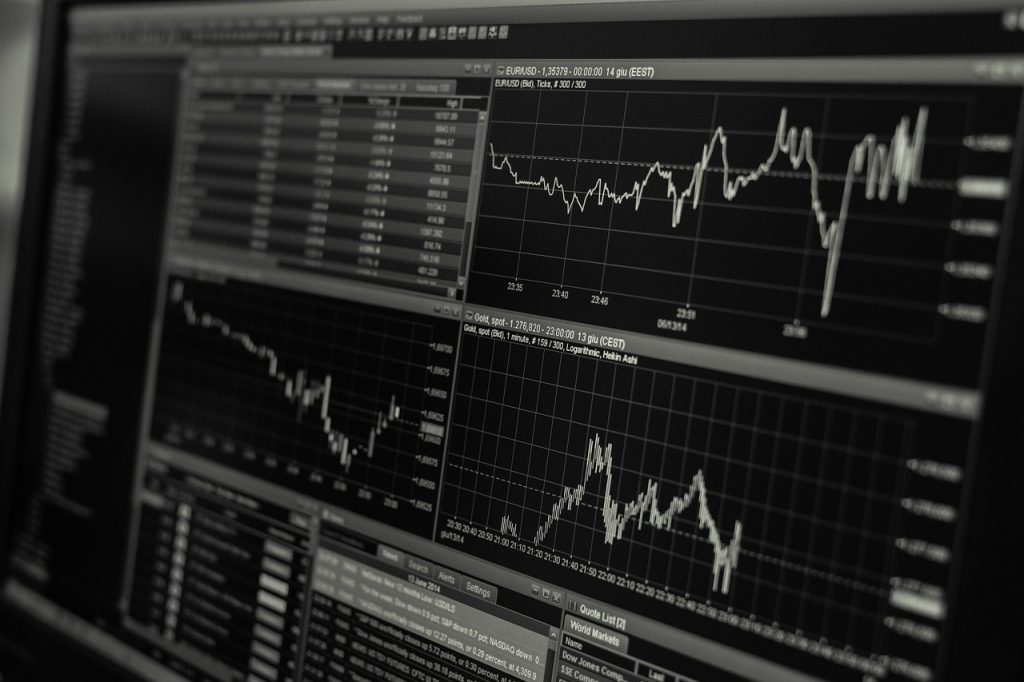An over-reaction by nervous financial markets to an escalating US-China trade war could seriously damage both countries economically and reduce world GDP by 3.5 percent, new economic modelling by KPMG Australia reveals.
Australia, which would inevitably be caught in the crossfire, would be severely damaged by the fallout, the report, After the truce: what happens if the trade war spooks financial markets? says. Its GDP losses over a decade would run to an estimated AUD$423bn, and household income losses would total AUD$522bn.
The US would plunge into recession, with its GDP cut by more than 5 percent, while after a decade, China’s GDP growth would be more than 6 percent below the level it otherwise would have been.
Other major economies would fare slightly better than the US in the shorter term, but their recovery from the financial market meltdown would be slower. Europe’s GDP after two years would be cut by an estimated 3.2 percent, and overall global GDP more than 3 percent lower than it otherwise would have been.
In its previous trade war reports*, KPMG Australia has assumed rational behaviour by financial markets, but the new paper models the consequences of a market meltdown – which could be triggered if equity and debt markets lost confidence in the rules-based global trading system as the trade war continued to escalate and spread to other countries.
Brendan Rynne, KPMG Australia Chief Economist, said: “Financial markets could take fright about an expected reduction in future economic growth and the inflationary impacts of an ongoing trade war. This could take the form of a spike in risk premiums, sharp sell-offs in equity markets and a major tightening of credit conditions. We are already beginning to see signs of this.”
“Australia and China would weather a financial market meltdown better than most in the shorter term, but the total impact on Australia of a full trade war exacerbated by a financial market meltdown would be grave. Our new modelling confirms the lessons from our previous studies – no country wins from trade wars, and it is every nation’s interests not to get drawn in.”
The scenario modelled by KPMG Australia involves the imposition of 25 percent tariffs on imports of all goods between China and the US (which could happen after the current 3 month truce runs out, unless the two countries can reach an agreement) with a substantial number of other countries responding by applying 15 percent tariffs on their imports of goods.
Added to this, the following assumptions are made relating to financial markets:
- Global equity markets over-react to the trade war, falling by around 10 percent more than is consistent with fundamental valuations. This equity market overshoot occurs in the first quarter of the simulation with markets reverting back to equilibrium over the next three quarters.
- The term premium on long-term government bonds for the major economies increases by 50 basis points for the first year before reverting back to equilibrium over the next year.
- The spread between corporate and government bonds for the major economies increases by 50 basis points for the first year before reverting back to equilibrium over the next year.
- The spread between lending rates to households and government bonds for the major economies increases by 50 basis points for the first year before reverting back to equilibrium over the next year.
Brendan Rynne said: “A financial market meltdown of this type – even if it is short lived – has the potential to have large negative impacts on the real economy and seriously exacerbate the impacts of the ongoing trade war. In this scenario, our modelling shows the US economy would be plunged into a deep recession lasting more than a year. We must hope a wider trade agreement can be reached by the main players in 2019.”


